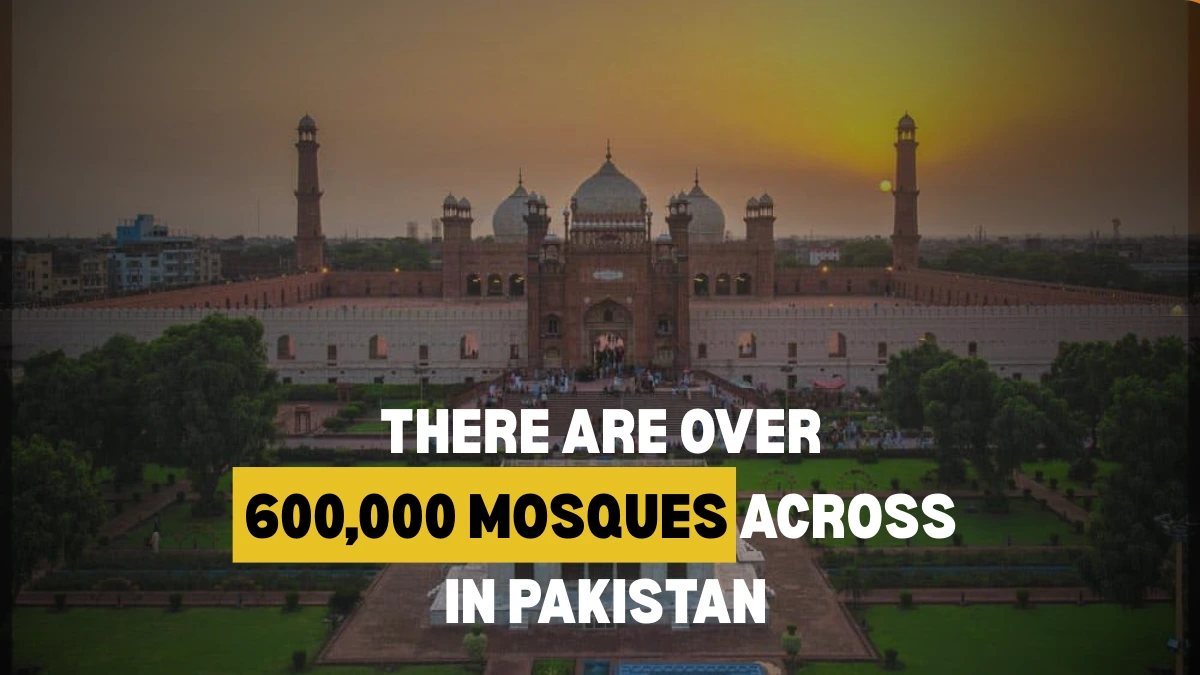Pakistan is home to over 600000 mosques, ranging from small village prayer spaces to grand architectural landmarks in major cities. These mosques serve not only as places of worship but also as community centers, educational hubs, and cultural landmarks. Their widespread presence reflects the deep-rooted Islamic heritage and spiritual devotion that shape daily life across the country.
Cultural and Social Significance
Mosques in Pakistan are central to both religious and community life. Beyond daily prayers and Friday congregations, they host major religious events like Ramadan, Eid, and Muharram, bringing communities together. Many mosques are linked with madrasas, providing Quranic and Islamic education to students, and helping preserve religious teachings across generations.
In addition to education, mosques serve as community hubs offering social services such as food distribution, charity for the needy, and support for orphans. They also function as spaces for community decision-making and conflict resolution, reinforcing social cohesion. Through these roles, mosques in Pakistan are not only spiritual centers but also vital institutions for cultural preservation, education, and public welfare.
Also Read: Lahore Smart Traffic Revolution: Smart AI in Action, Drones on the Horizon
Regional Distribution
The majority of Pakistan’s 600000 mosques are located in populous provinces like Punjab and major cities such as Karachi, Lahore, and Islamabad. Urban mosques include both historic landmarks and modern designs, while smaller towns and rural areas feature local mosques that serve as community hubs. This widespread distribution reflects the integral role of mosques in both spiritual and social life across the country.
Global Perspective
With over 600000 mosques, Pakistan ranks among the top countries for mosque density, reflecting the central role of Islam in the nation’s social and cultural life.Pakistan’s mosques are more than just places for daily prayers—they serve as educational centers, community hubs, and venues for religious festivals. The sheer scale of these mosques highlights the country’s commitment to preserving religious traditions while accommodating modern urban growth.
With over 600,000 mosques across the country, Pakistan demonstrates a deep-rooted spiritual culture and strong community focus. These mosques are more than places of worship—they serve as centers for education, social services, and cultural preservation, connecting communities across urban and rural areas. Their widespread presence highlights the enduring influence of Islam on daily life, shaping not only religious practice but also the social and cultural fabric of the nation.



Join The Discussion